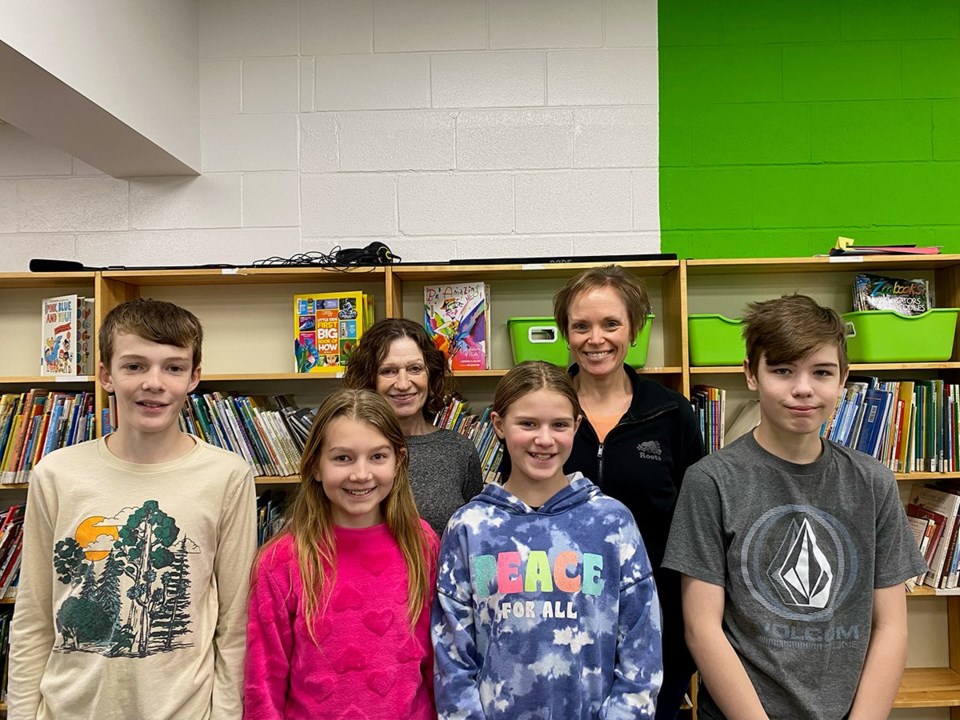ALMA – A small group of students from a small Wellington County school have made an out-of-this-world achievement.
An experiment proposed and designed by Alma Public School Grade 6 students Myelle Mulder, Lily Craven, Will Kelly and Cohen Pearl will be going to space as part of NASA’s Student Spaceflight Experiments Program (SSEP).
This experiment, along with others from the program, is set to blast off into space as part of an upcoming International Space Station mission later this year.
In an interview with the students and teachers Keri Hons and Sherri Woodland, they explained the experiment aimed to investigate whether soil bacteria could biodegrade plastic in microgravity which, in theory, could help degrade food waste to provide essential soil nutrients paving the way to grow food.
“It started with us wanting to use worms and compost but then we found out we couldn’t use any live animals,” Myelle said on how this experiment came to be.
“We tried to do paper towels and Kleenex and stuff but then we transferred over to compostable bags,” Lily added.
There was a lot of work to do before submitting it to the SSEP.
“There were lots of really strict parameters set by NASA in terms of the vessel that the experiment will be done in, it’s very small,” Woodland said. “They had to really think cross-curricular, not just the science part of it, but they had to think about volumes of the materials, so the math component is there.”
They also had to change the way they write.
“They’re very used to writing simple pieces of literature but they had to write a full scientific report, something we’ve never done before,” Hons said.
Trying their hypothesis down on Earth, they put some soil from the school grounds in a cup and put a measured piece of a compostable bag in the cup for 10 days. The result?
“It shrunk,” the students said, almost in unison.
Will the same repeat in microgravity? The students aren’t sure. Myelle said every living thing, including bacteria, needs air and the environment of space might affect the results.
The group said it was very exciting to find out their experiment was chosen, especially considering they are a small school, with the other chosen Canadian experiments came from schools in Kingston and Edmonton, but they can “do hard things” as Will put it.
“We’re small but mighty, right?” Hons said.
